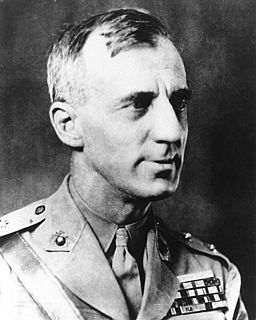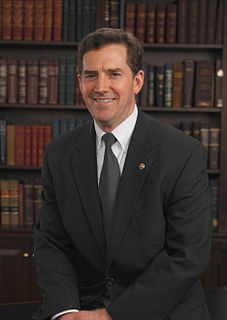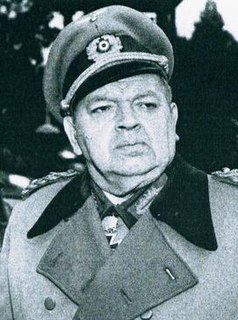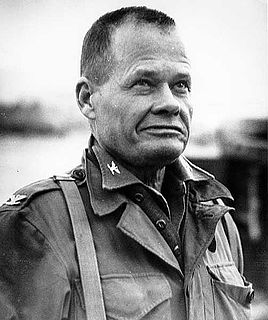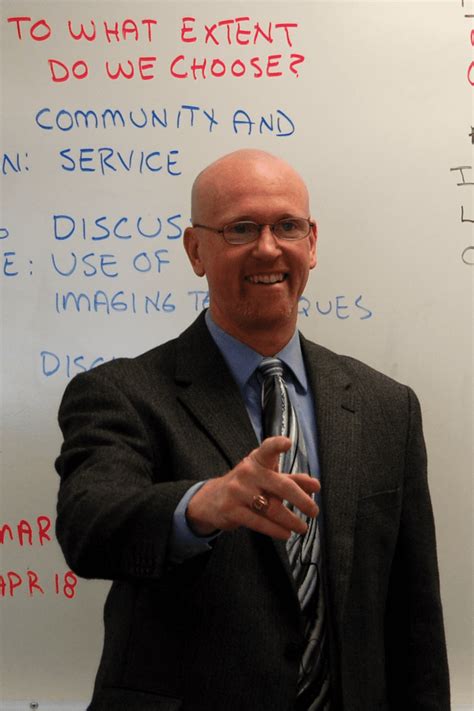A Quote by Phil Klay
In the Marine Corps, you meet this really broad segment of the country; you're working with people from all kinds of backgrounds. And it exposes you to the American military, particularly the American military at war.
Related Quotes
I think a great idea would be involving our various military services along the border all the way from San Diego to Houston. We've got military bases all over the country. We can just move some people down there and let those cartels who are doing a lot of hurt to the youth of America, let those cartels fight against the Marine Corps.
American imperialism has suffered a stunning defeat in Indochina. But the same forces are engaged In another war against a much less resilient enemy, the American people. Here, the prospects for success are much greater. The battleground is ideological, not military. At stake are the lessons to be drawn from the American war in Indochina; the outcome will determine the course and character of new imperial ventures.
We think of the Marine Corps as a military outfit, and of course it is, but for me, the U.S. Marine Corps was a four-year crash course in character education. It taught me how to make a bed, how to do laundry, how to wake up early, how to manage my finances. These are things my community didn't teach me.
My definition, the definition that I've always believed in, is that esprit de corps means love for one's own military legion - in my case, the United States Marine Corps. It means more than self-preservation, religion, or patriotism. I've also learned that this loyalty to one's corps travels both ways: up and down.
Speaking as a New Yorker, I found it a shocking and terrifying event [9/11], particularly the scale of it. At bottom, it was an implacable desire to do harm to innocent people. It was aimed at symbols: the World Trade Center, the heart of American capitalism, and the Pentagon, the headquarters of the American military establishment.
The intellectual and moral failures common to America's general officer corps in Vietnam and Iraq constitute a crisis in American generalship. Any explanation that fixes culpability on individuals is insufficient. No one leader, civilian or military, caused failure in Vietnam or Iraq. Different military and civilian leaders in the two conflicts produced similar results. In both conflicts, the general officer corps designed to advise policymakers, prepare forces and conduct operations failed to perform its intended functions.


